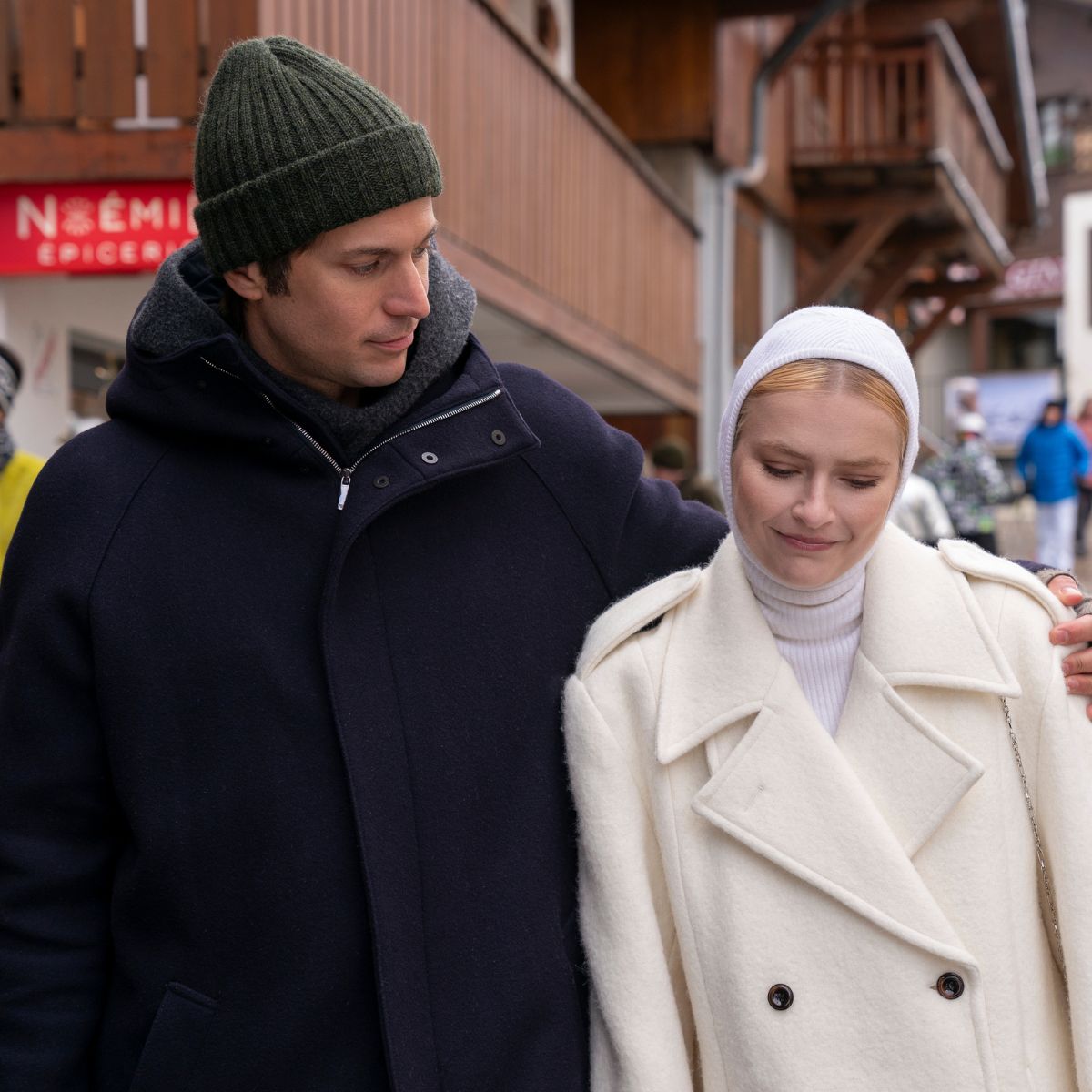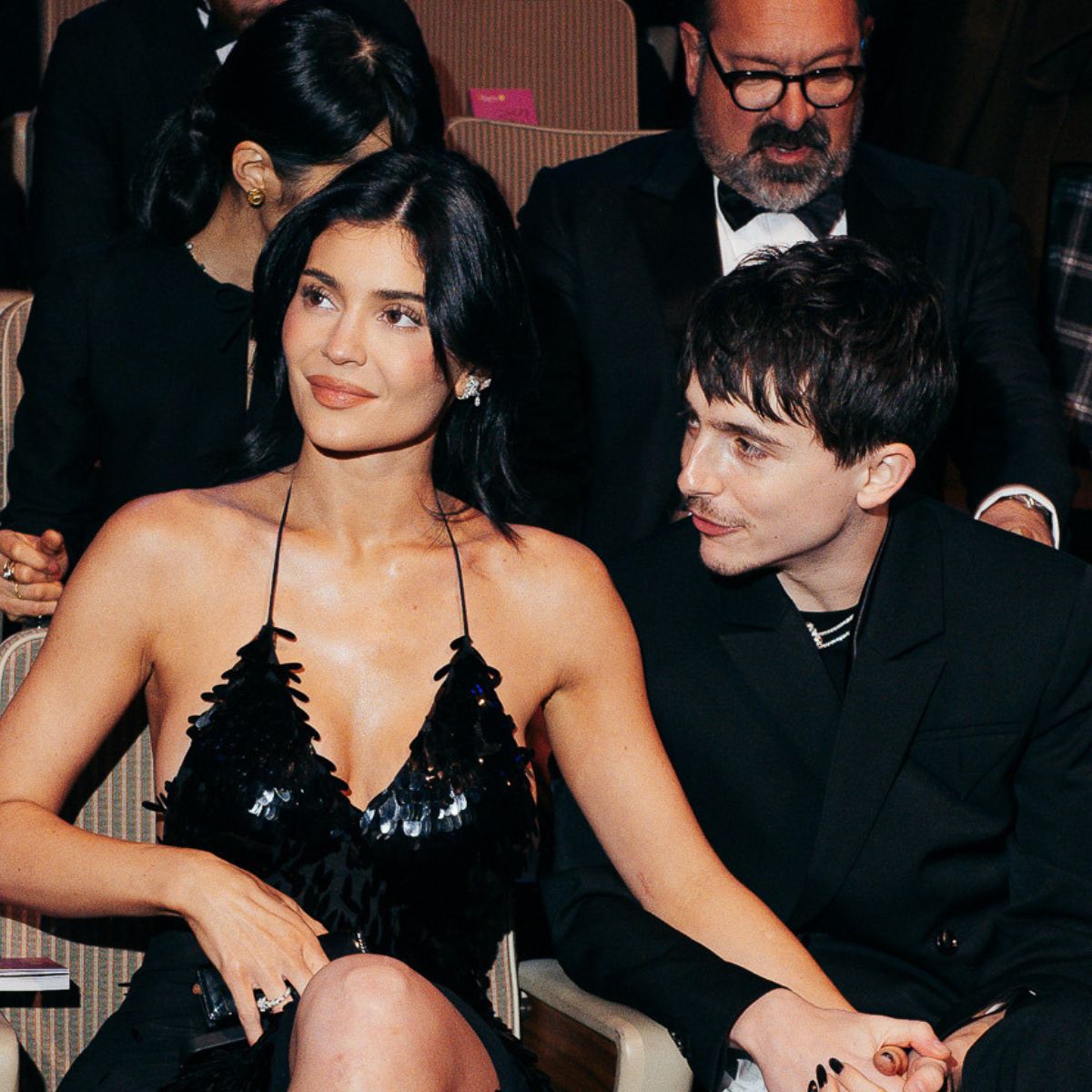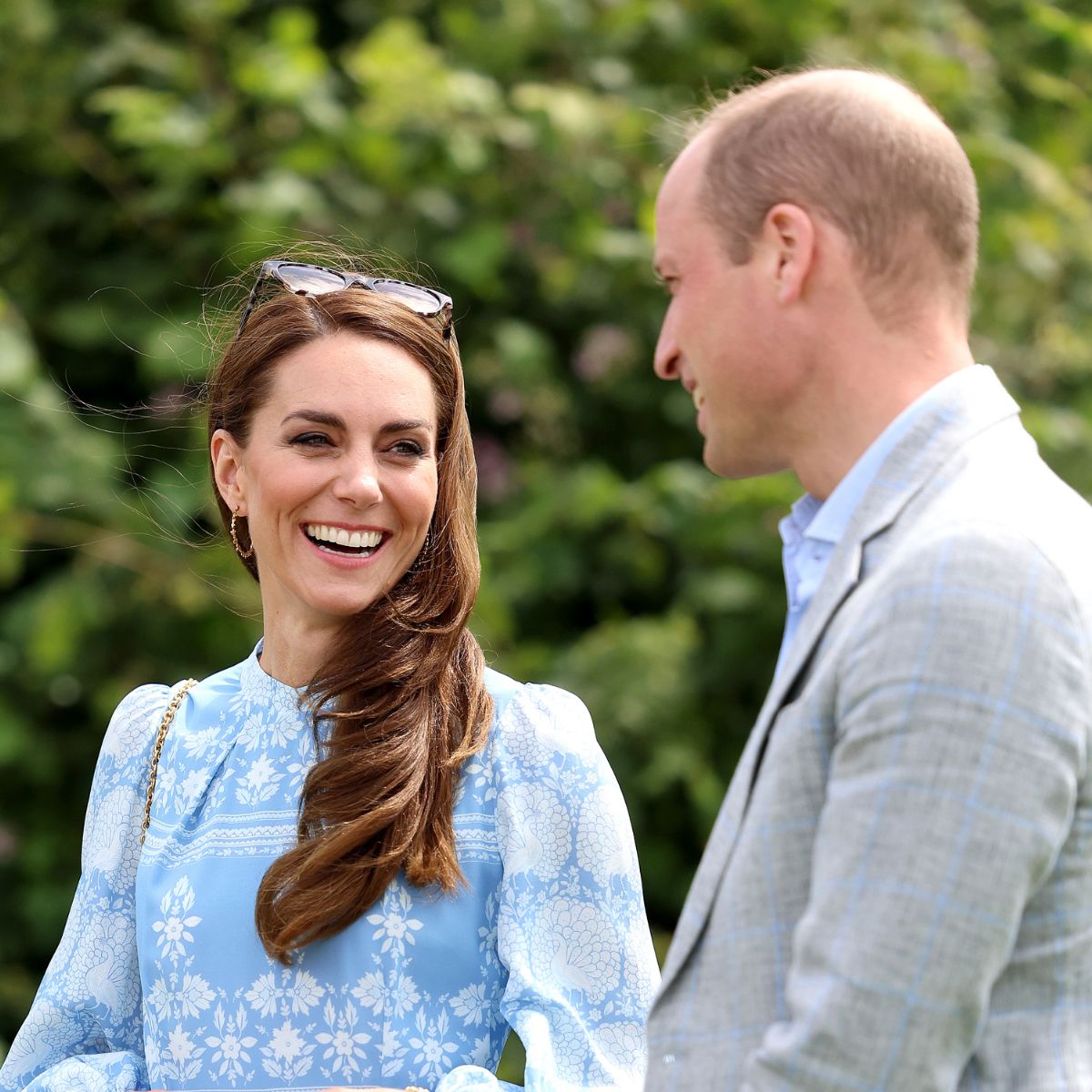What Is The eBay Gender Gap, And How Does It Effect You?
So It Turns Out The Gender Pay Gap Even Applies To Online Auction Sites

So It Turns Out The Gender Pay Gap Even Applies To Online Auction Sites
As if women didn’t have it hard enough in life, what with the tampon tax and pay gap in the workplace, news has emerged this week that on eBay we are getting shortchanged too.
In a study focussed on inequality, sociologist Dr. Tamar Kricheli-Katz and economist Tali Regev, found that women were receiving up to 20 per cent less for items sold as new on eBay.
Interestingly, this gap almost exactly reflects the gender pay gap in UK workplaces, where women still earn only 80p for every £1 paid to a man.
Wishing to investigate further, the researchers then set up a controlled study with two groups of buyers. Depressingly, they found that offers for a $100 Amazon voucher were 7 per cent lower when sold by ‘Alison,’ than when the seller was given a male name, ‘Brad’.
And it’s not just eBay and our bosses who are ripping us off.
The so-called pink tax, where women are routinely charged more than men, caused national outrage when it came to media attention in 2015. And we’re not just talking pricier pink razors and sweet-smelling deodorants.
Marie Claire Newsletter
Celebrity news, beauty, fashion advice, and fascinating features, delivered straight to your inbox!
It turns out women are paying more for a huge range of goods and services, including dry cleaning, (tip – try saying it’s a ‘shirt’ not a ‘blouse’ next time), hair cuts, plus-size clothing and garage repairs.
Combine this pink tax with the pay gap in the workplace, and it’s clear that women are being hit with the double whammy of earning less and paying more.
Stevie Wise, founder of the petition against the ‘sexist surcharge’ placed on women’s products, spoke to Marie Claire earlier this month. She was inspired to start her petition after getting a haircut: ‘I soon noticed that, although my hair was now as short as most men's hair, I was being charged £45 for cuts while men were paying just £20 in the same salon, with the same stylist. I asked if I could be charged at the men's rate and they said no. The reason? Simply because I'm a woman - that's just how it works.’
In her petition to pharmaceutical giant Boots, Stevie also spoke about how marketing often makes women feel they don’t have the option to buy the ‘male equivalent’ product: ‘We are led to believe by the branding and pricing that there is a huge difference in product, but for the most part, that simply isn’t true.’
In fact, women are charged on average 37% more than men for equivalent goods and services.
Boots later released a statement about Stevie’s petition, promising to change the pricing on disposable razors and Botanics eye roll on, ‘with immediate effect’.
But as the eBay study shows, this price discrepancy between men and women’s goods on the high street has also crossed over to the web
Although there is some more good news on the horizon. David Cameron announced last year, that businesses with more than 250 staff will be forced to publish the difference in salaries between male and female employees, in an effort to “end the gender pay gap in a generation”. The gap that means every year women are effectively working for free from 9th November to 31st December.
We’ve still got a long way to go from cheaper razors and eye roll-on, but at least it’s a start.
The leading destination for fashion, beauty, shopping and finger-on-the-pulse views on the latest issues. Marie Claire's travel content helps you delight in discovering new destinations around the globe, offering a unique – and sometimes unchartered – travel experience. From new hotel openings to the destinations tipped to take over our travel calendars, this iconic name has it covered.
-
 The Emily in Paris cast has spoken out as one of its stars officially quits the show
The Emily in Paris cast has spoken out as one of its stars officially quits the showBy Jenny Proudfoot
-
 Timothée Chalamet’s mother has opened up about his relationship with Kylie Jenner
Timothée Chalamet’s mother has opened up about his relationship with Kylie JennerBy Jenny Proudfoot
-
 Princess Kate has started a new tradition with Prince Louis’ birthday portrait
Princess Kate has started a new tradition with Prince Louis’ birthday portraitBy Jenny Proudfoot